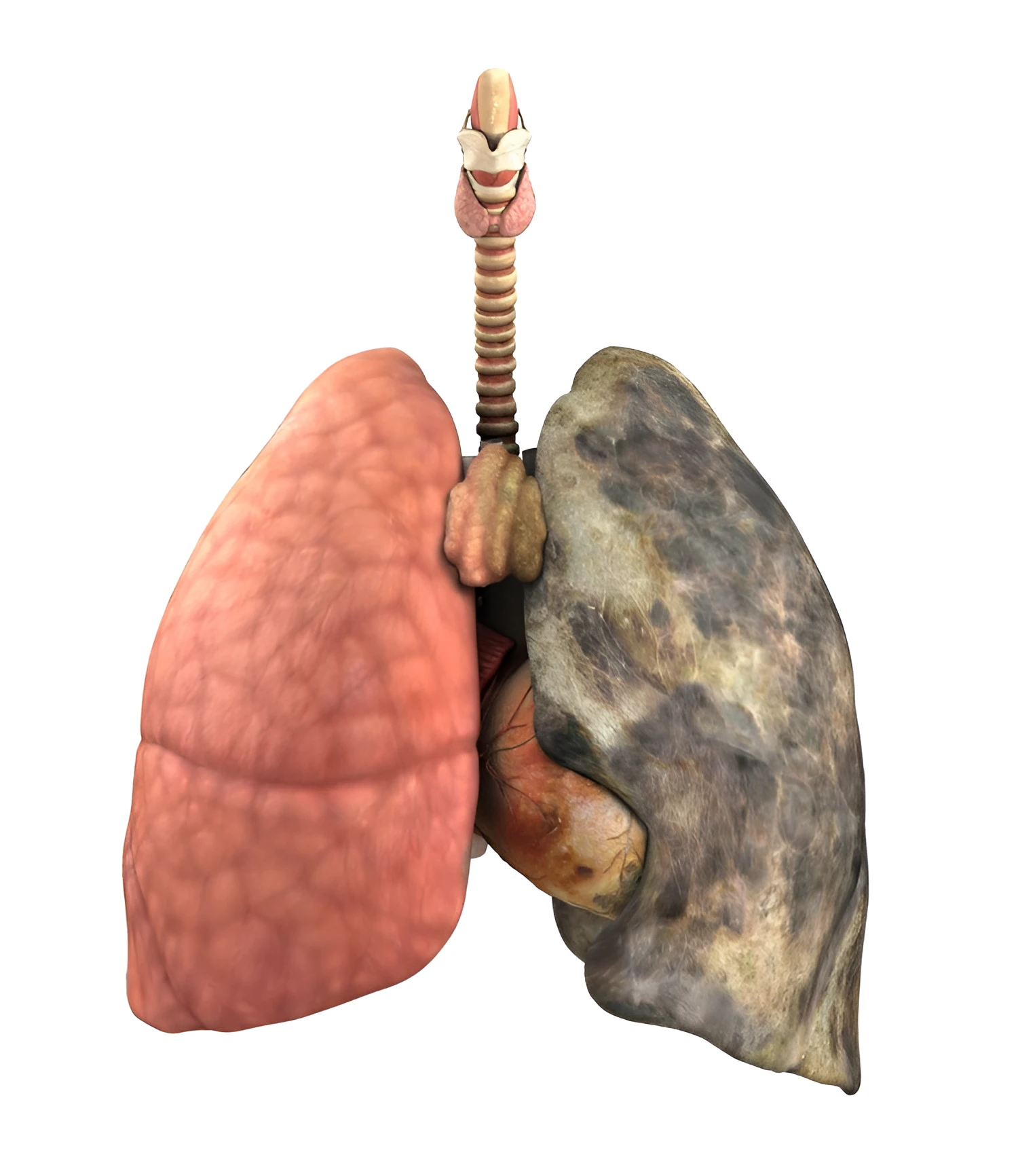Baltimore: A modified DASH diet tailored for people with type 2 diabetes has been found to significantly lower blood pressure, especially when paired with reduced sodium intake, according to a new clinical trial.
Researchers introduced the DASH4D diet—a low-carbohydrate adaptation of the traditional heart-healthy DASH diet—to address the nutritional needs of diabetic adults better while minimizing salt intake.
The study, led by Dr. Scott J. Pilla of Johns Hopkins, involved 102 adults with type 2 diabetes and moderately high blood pressure. Participants followed four diets in a randomized order over five-week intervals, including low—and high-sodium versions of the DASH4D and typical comparison diets. Food was fully provided, and sodium adherence was monitored through urine tests.
Results showed that participants on the low-sodium DASH4D diet saw a drop in systolic blood pressure by 4.6 mmHg and diastolic by 2.3 mmHg compared to the high-sodium typical diet. This effect mainly emerged within the first three weeks. Researchers concluded that sodium reduction was the primary driver of improvement, but the DASH4D diet contributed to better heart health.
Dr. Pilla emphasized that diet should be a key focus for blood pressure control in diabetic patients, even those on multiple medications. Cardiologist Dr. Jennifer Wong added that studies like this highlight the power of nutritional interventions.
Potassium also played a crucial role. Experts noted that it helps maintain fluid balance, supports kidney function, and relaxes blood vessels. Potassium-rich foods include bananas, leafy greens, potatoes, squash, tomatoes, and beans. However, those with kidney disease or on certain medications should consult doctors before increasing intake.
While the study has limitations—such as short duration, self-reported data, and being conducted at a single site—it still provides strong evidence supporting low-sodium diets like DASH4D for managing blood pressure in people with diabetes.








